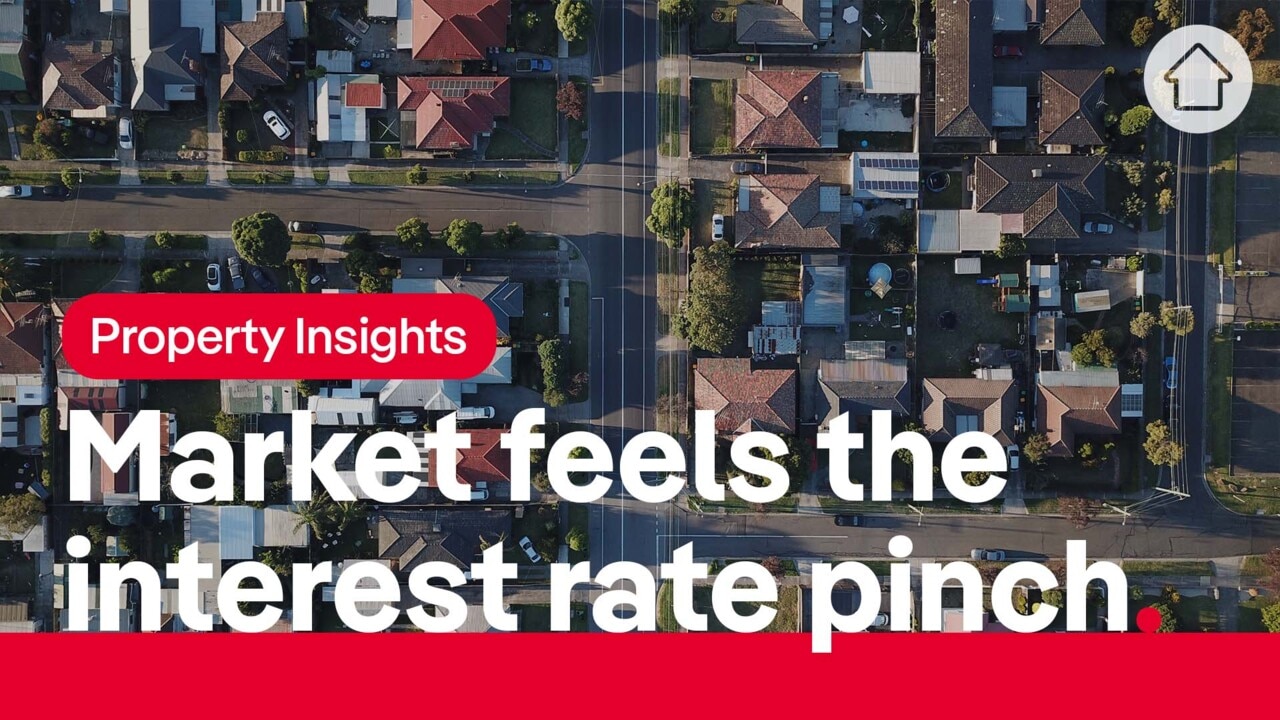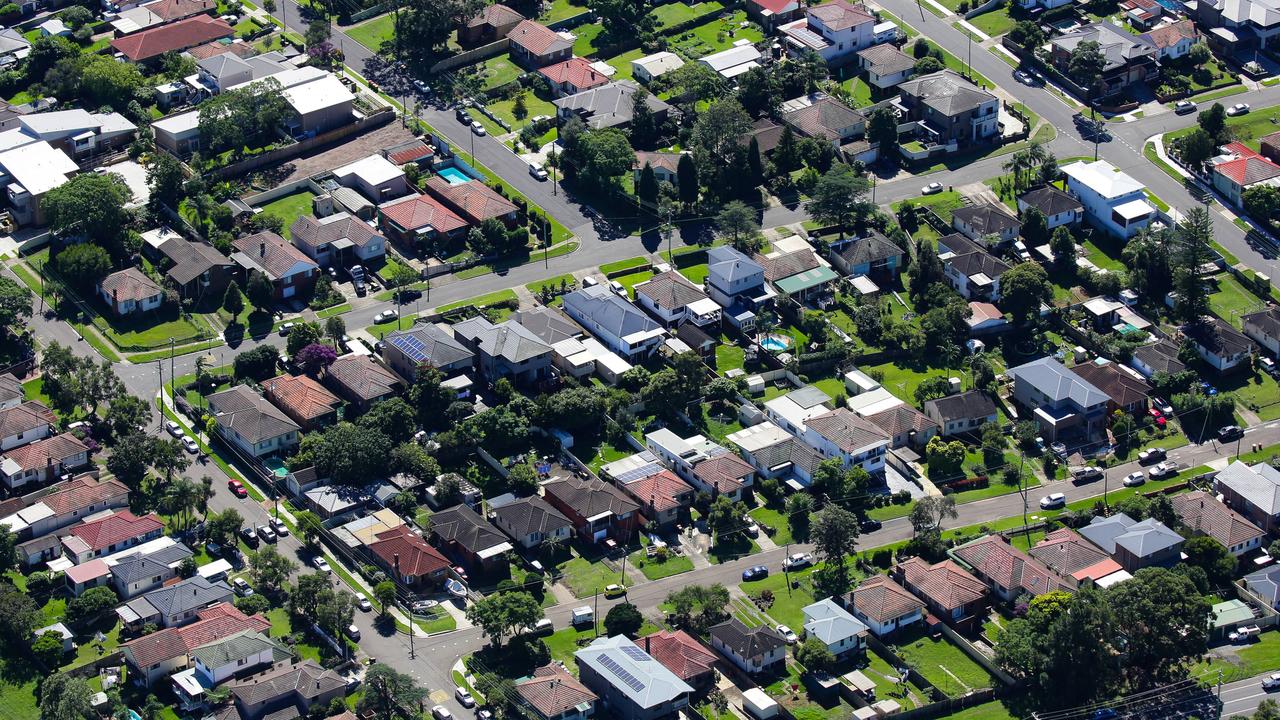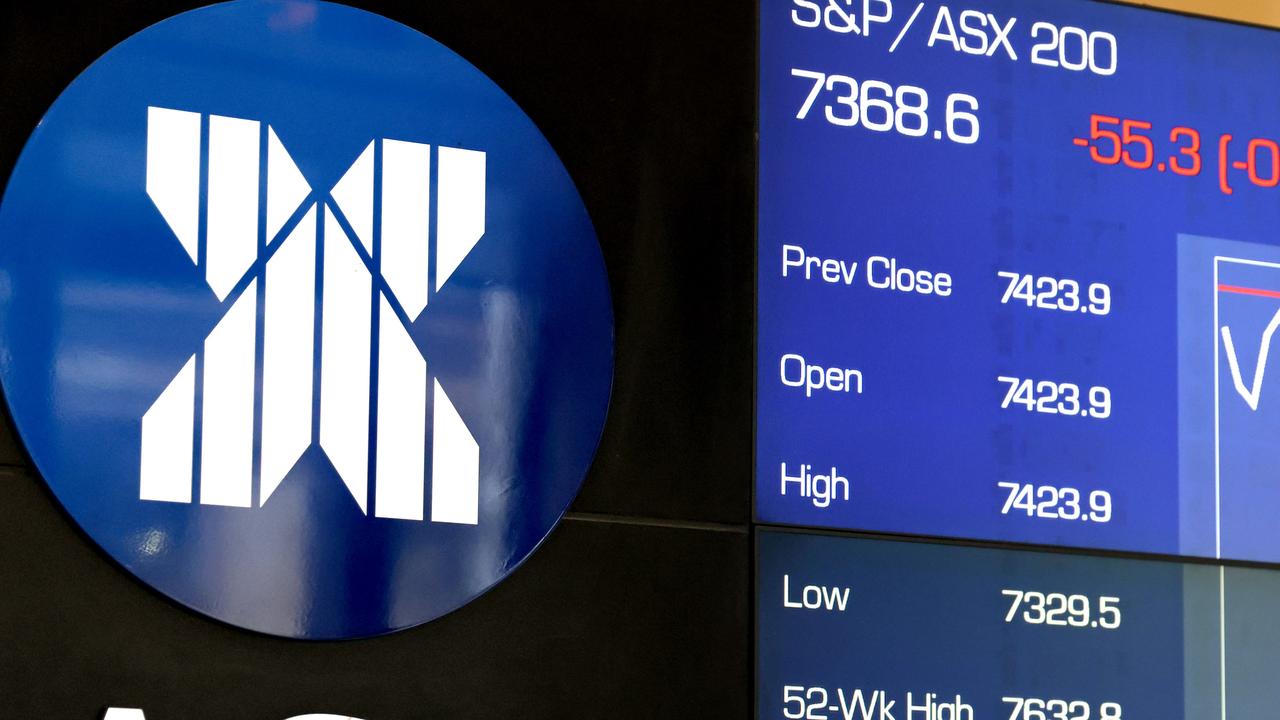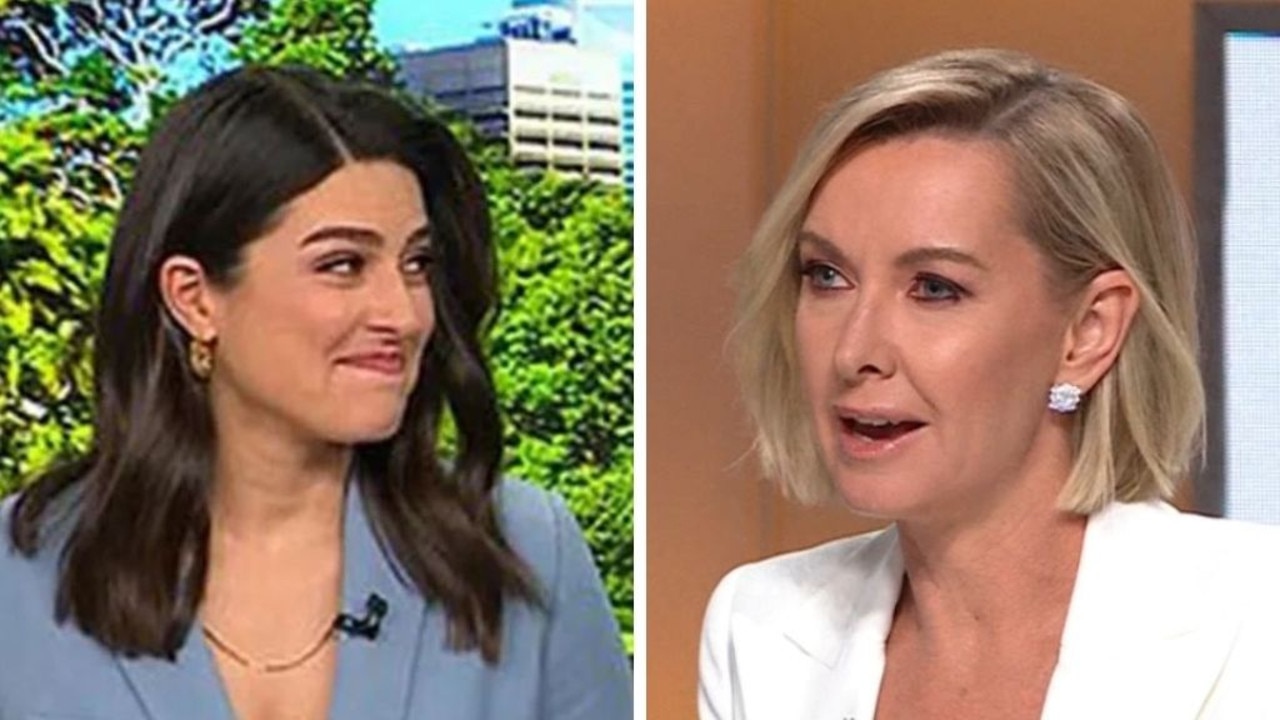Borrowers could be stuck in ‘mortgage prisons’ as property prices drop
Homeowners could find themselves stuck in “mortgage prisons” as interest rate rises drive property prices down across Australia.

Business
Don't miss out on the headlines from Business. Followed categories will be added to My News.
Homeowners who bought their properties at the height of the housing boom could now face being locked into “mortgage prisons” as interest rate hikes bring property prices down.
While rate hikes have yet to dampen house prices too badly, some analysts believe expected increases could see prices fall by 20 per cent over the next 18 months.
For those who recently bought a home, this could impact the equity they have in their properties, bringing it down below 20 per cent and making it costly or impossible to refinance their loans.
RateCity.com.au research director Sally Tindall said families who hadn’t received a decent pay rise in the last couple of years could find they no longer met the banks’ stricter serviceability tests, particularly if they bought when rates were low and borrowed as much as they possibly could.
APRA introduced more stringent stress tests late last year that requires home loan applicants, including refinancers, to show they can afford monthly repayments at 3 per cent more than current rates.
“Borrowers who own less than 20 per cent of their property value when their fixed rate ends could find they’re forced into negotiating solely with their current lender, or risk having to pay lenders’ mortgage insurance,” RateCity.com.au research director Sally Tindall said.
Once a fixed rate period ends, the loan switches over to the bank’s ‘revert’ rate, which is often a relatively high variable rate. At this point borrowers can also choose to refix, negotiate a lower variable rate or move to a different lender.
But due to declining house prices, Ms Tindall said some borrowers could be unable to refinance and remain stuck in “mortgage prison”.
For example, if someone bought a median priced house in Sydney in December last year with a 20 per cent deposit, the amount of equity in their home could shrink to just 3 per cent by the end of 2023, if prices dropped by more than 20 per cent and NAB forecasts play out, RateCity analysis shows. If they had a two-year fixed loan, by the end of this period, they would have a loan-to-value ratio of 97 per cent, making it all but impossible to refinance.
The picture is even more bleak for someone who bought in Sydney with a 10 per cent deposit as they could find themselves in negative equity, with a LVR of 109 per cent, while those who had a 5 per cent deposit could have a LVR of 115 per cent.
This is despite the fact they would have been paying down their debt for two years.
Ms Tindall said people who bought even six months earlier would be in a much better position because much of the property price increases happened in 2021.

She also noted that being in negative equity would be temporary and the long term forecast for the property market was that it would continue to go up.
People who kept paying their mortgage repayments should be able to ride out the dip and may not even realise their equity had gone backwards.
“The vast majority of borrowers coming off a fixed rate should be able to refinance without raising even a single eyebrow (but) anyone who bought recently and overstretched themselves to do so, should double check their financial position before they refinance,” Ms Tindall said.
Licensed financial adviser and money.com.au spokeswoman Helen Baker told news.com.au it was a good idea for homeowners to talk to a mortgage broker prior to approaching their bank, to work out whether it was even worth applying to refinance.
“Mortgage brokers know what the banks are looking for, and whether people should even approach them,” Ms Baker said. “Because if they get knocked back by the bank, this will affect their credit score.”
Homeowners considering switching to a fixed rate mortgage should also assess whether this would actually be cheaper, and whether it was worth paying all the extra fees that go with changing mortgages.
While some lucky Australians last year were able to lock in a fixed loan at interest rates as low as 1.9 per cent, borrowers were at risk now of locking in rates higher than if they had stuck with a variable loan.
“If you lock in a fixed rate for three years, and the variable rate is cheaper for two of those years, you risk paying more in interest than if you had stayed with a variable loan,” Ms Baker said.
Ms Baker said banks had essentially already priced in future interest rate increases into their offers, making some fixed rates higher than variable rates. Last week the Commonwealth Bank shocked analysts when it raised its fixed rates to more than 5 per cent.
“It’s never not a good idea to look at (refinancing) but the rate rises have been priced in for sure,” she said.
However, Ms Baker said the benefit of a fixed rate loan was that people knew exactly how much they would be paying each month.
“With a variable loan, as rates increase, you’ve got to find more money to meet those repayments,” she said.
According to a money.com.au survey of 1018 Australian mortgage holders, around 33 per cent said they intended to refinance their loan before rates increased or got too high.
“A lot of people could be held captive and not have the ability to renegotiate their mortgages because they may have bought their property at the height of the market and perhaps stretched themselves as well,” Ms Baker said.
But people facing mortgage stress could also consider other options.
Rents are also rising and Ms Baker said people could perhaps rent out their properties, while moving in with family for a while or renting a smaller place.
“Everywhere also seems to be struggling to get employees, places like cafes where you don’t need a lot of qualifications are screaming for people, so maybe in the short term you need to take on a second job to plug that gap.”
Originally published as Borrowers could be stuck in ‘mortgage prisons’ as property prices drop







